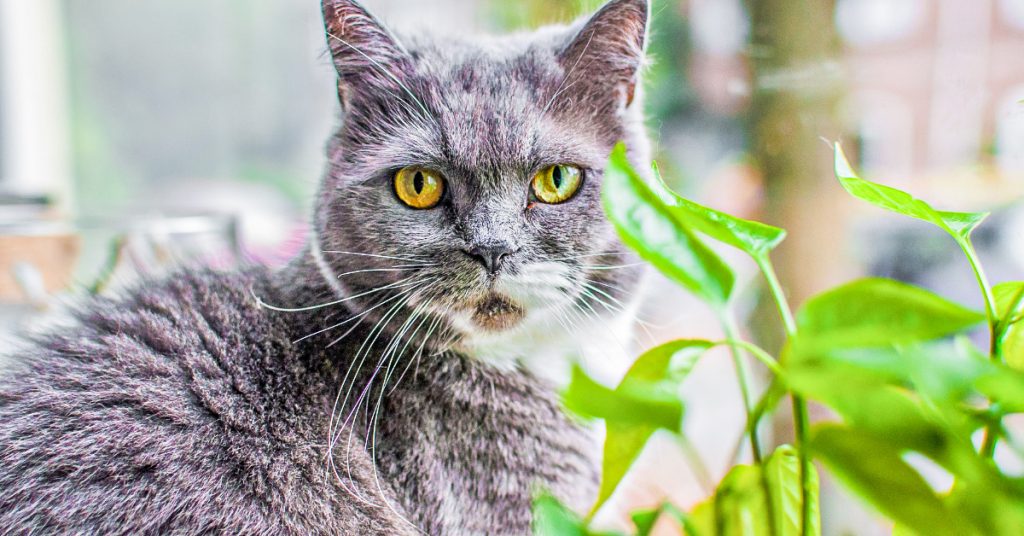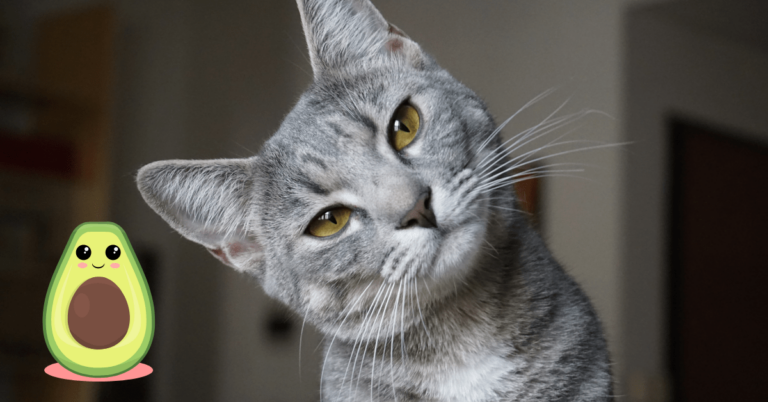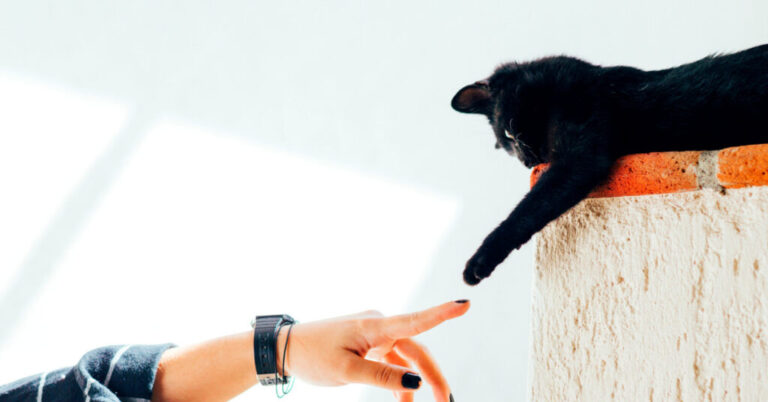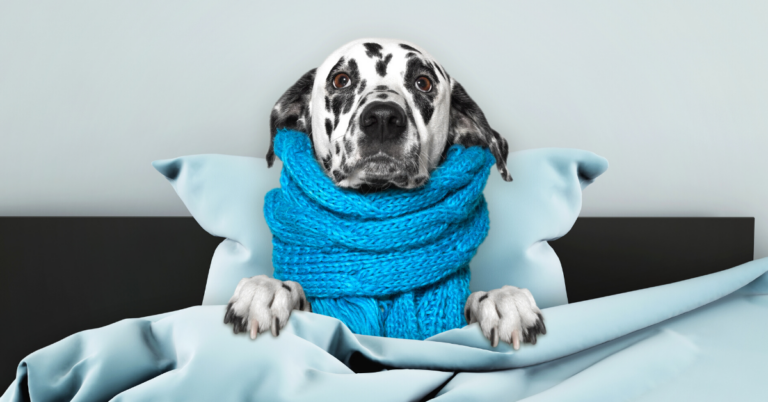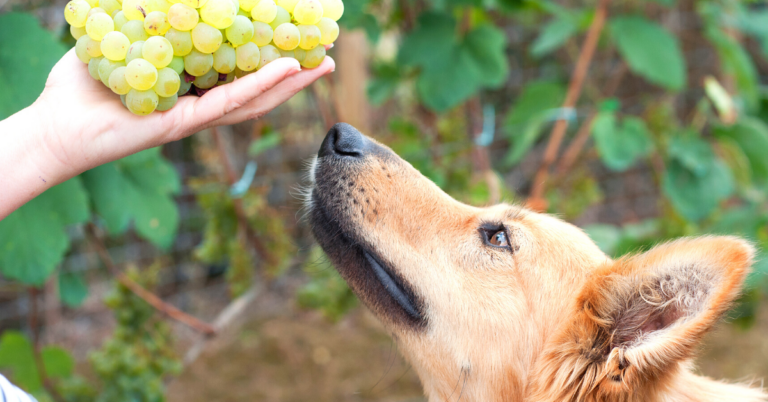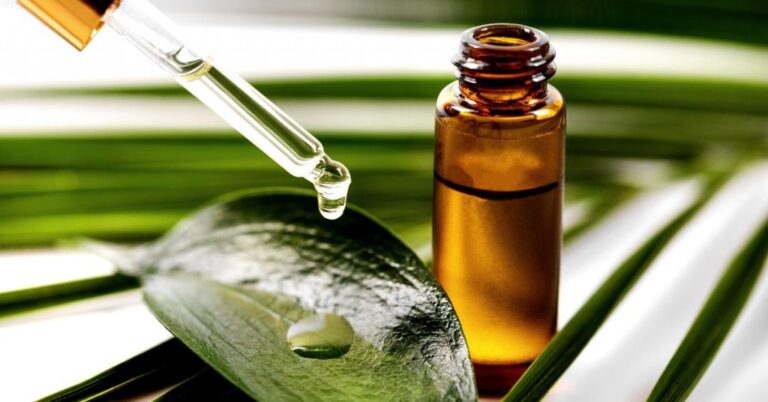Are Succulents Poisonous to Cats?
Are succulents poisonous to cats is important to know if you are a cat owner who happens to like these lovely plants.
The answer is yes, and no, meaning some are and some aren’t, so check what you have in your house.
One reason succulents are popular plants to have is because they are great at filtering the air.
Don’t give up on your love of succulents; just be sure you keep pet friendly types to protect your cats or dogs.
Why Are Succulents Poisonous to Cats?
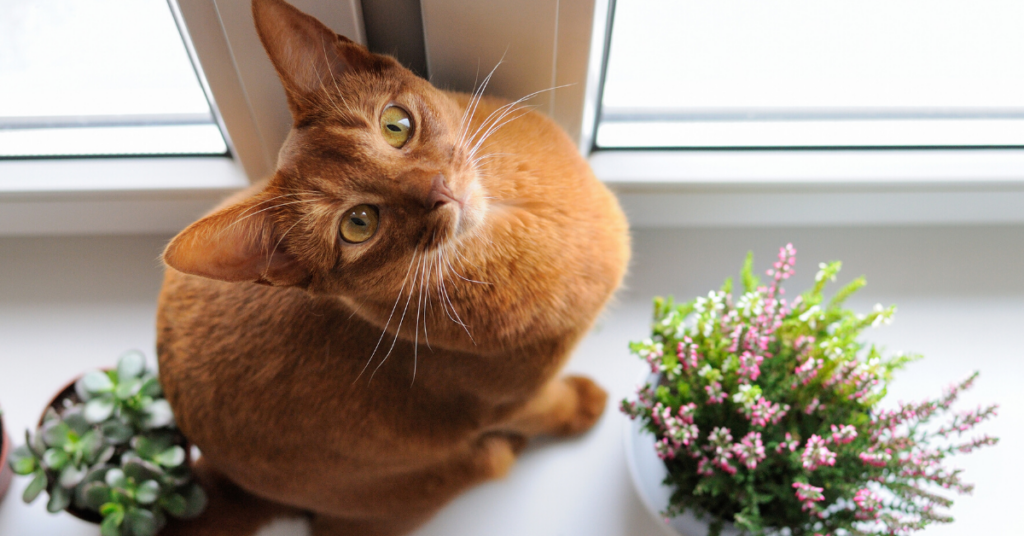
Saponins are the compound in some succulents that are the culprit which cause the problem for some pets.
Other compounds are bufadienolides glycosides, daigremontianin, and other toxic steroids.
The good news is that cats tend to stay away from succulents on their own because they don’t smell very appetizing.
Also, poisonous does not always mean deadly, it could mean discomfort or other negative symptoms.
Succulents That Are Poisonous to Cats
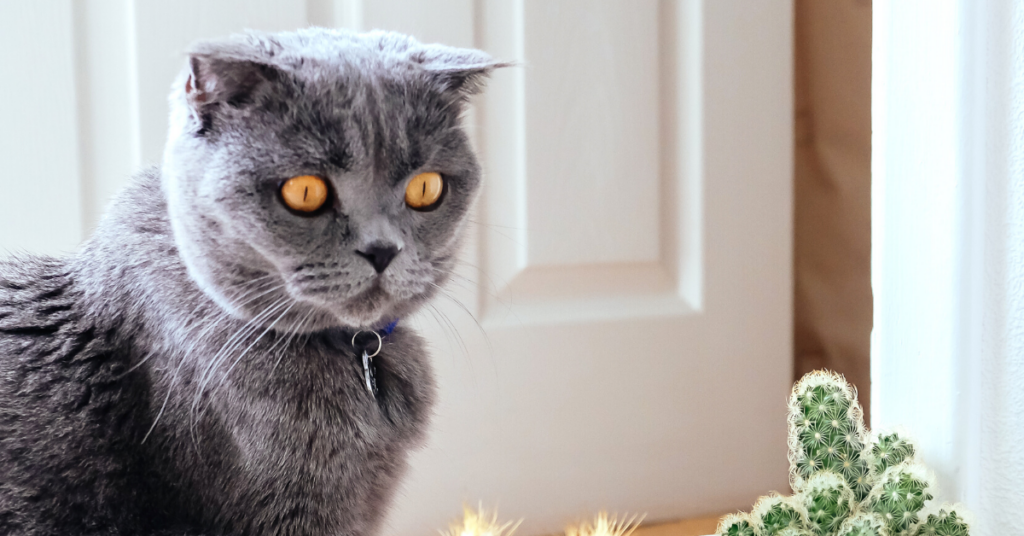
Aloe Vera
Aloe Vera is a type of succulent plant that has many healing properties for humans, but is mild to moderately toxic to cats and dogs. It can cause vomiting, diarrhea and lethargy.
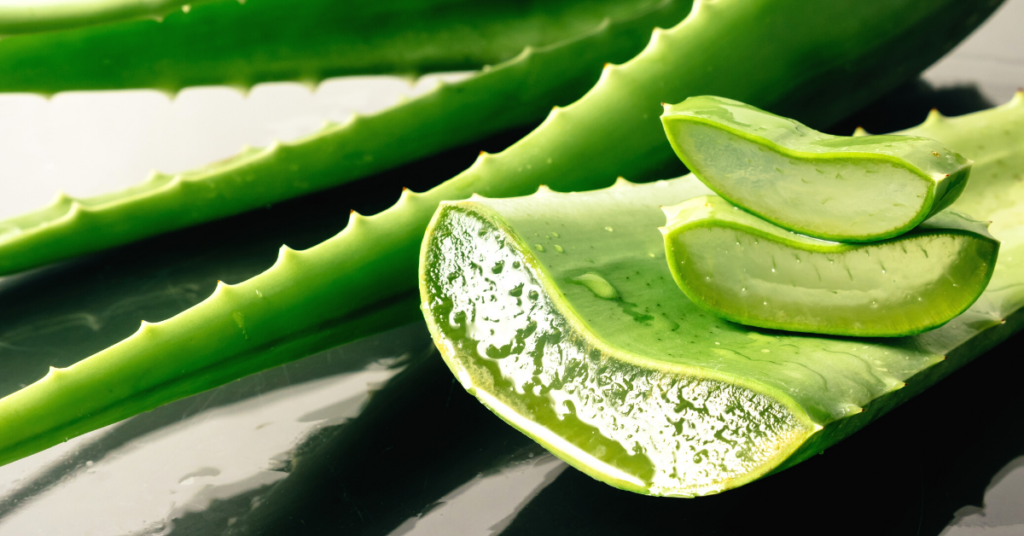
Crown of Thorns
Crown of Thorns is a very prickly and bitter plant that is unlikely to peak your pet’s interest. However, handle with care since this plant can cause skin irritation, and will cause nausea, vomiting and diarrhea.
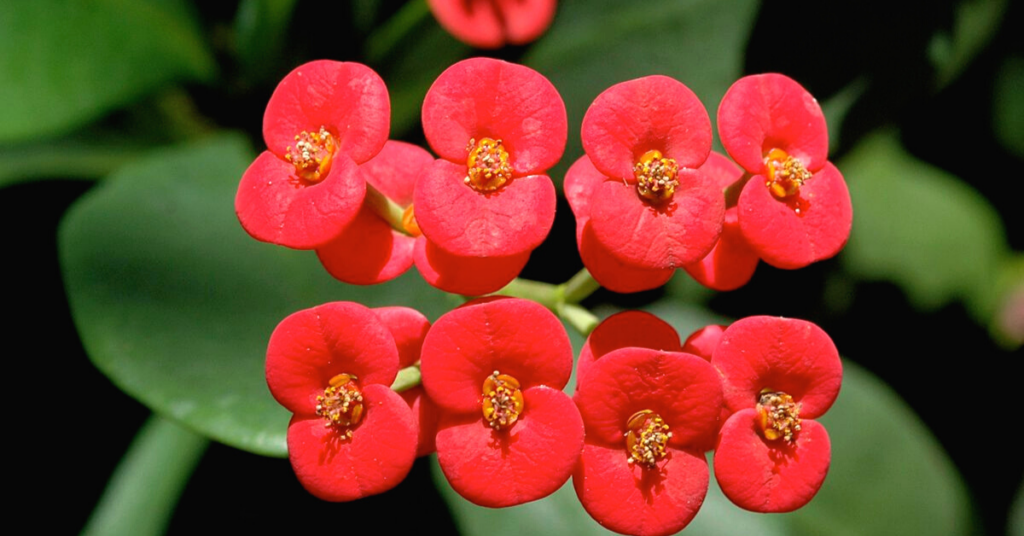
Pencil Cactus
Pencil Cactus (or Firestick) is a popular succulent in desert gardens for its bright orange red color. The sap in the plant causes irritation and will most often cause vomiting, and stomach pain.
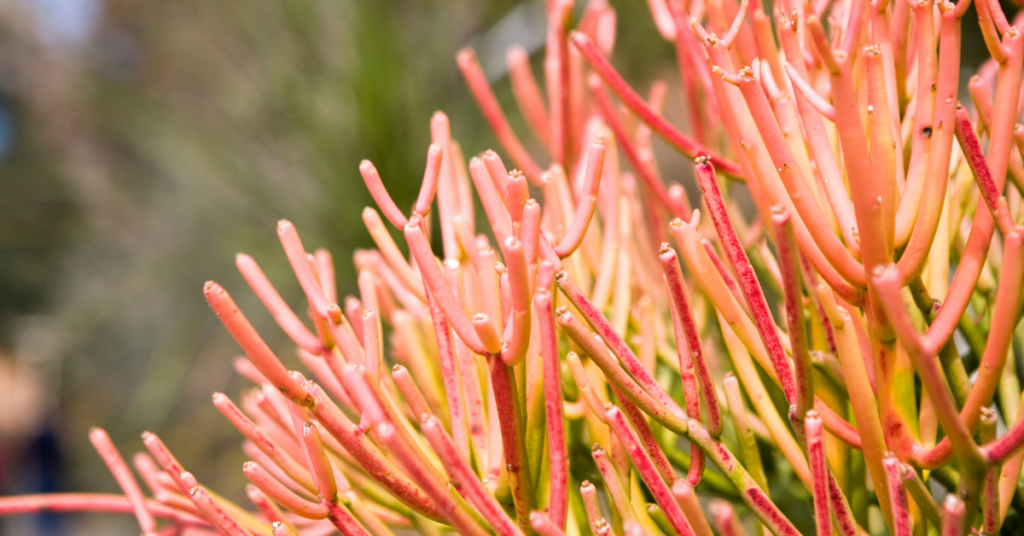
Kalanchoes
Kalanchoes are a popular flowering succulent that are commonly found brightening up a windowsill. These are quite poisonous for pets causing all kinds of heart complications that can lead to death.
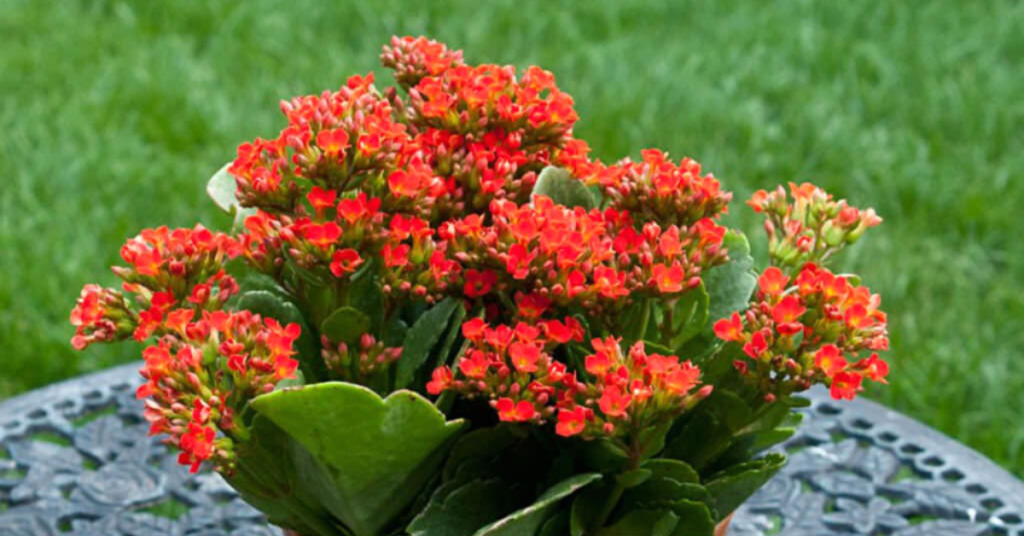
Devil’s Backbone
Devil’s Backbone (or Mother of Millions) is another type of plant that is a relentless survivor, multiplying rapidly. Toxic when ingested, can be fatal in large amounts, so better to keep pets away from this one.
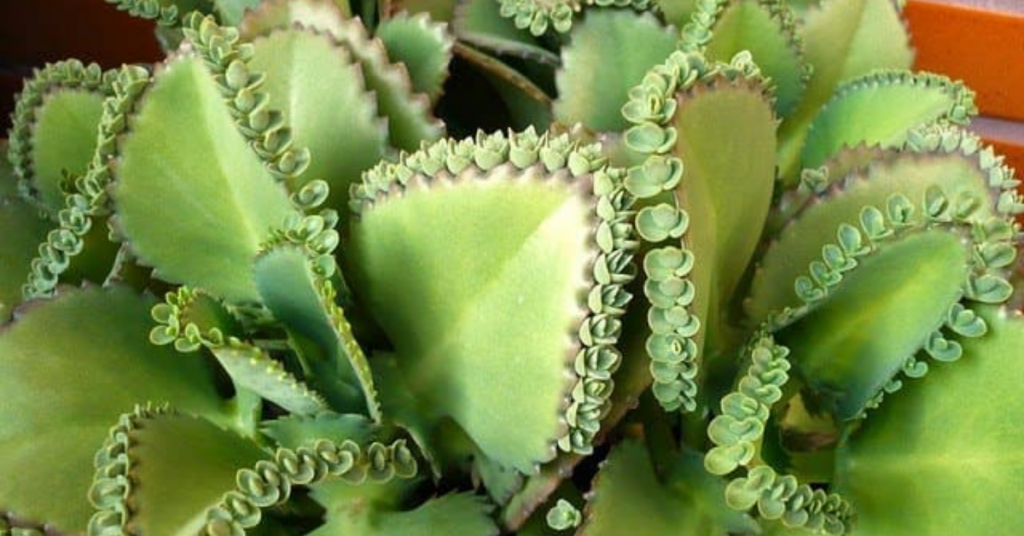
Jade Plant
Jade Plant with their plump oval leaves are another plant in many households. This plant will cause vomiting, depression and incoordination when ingested.
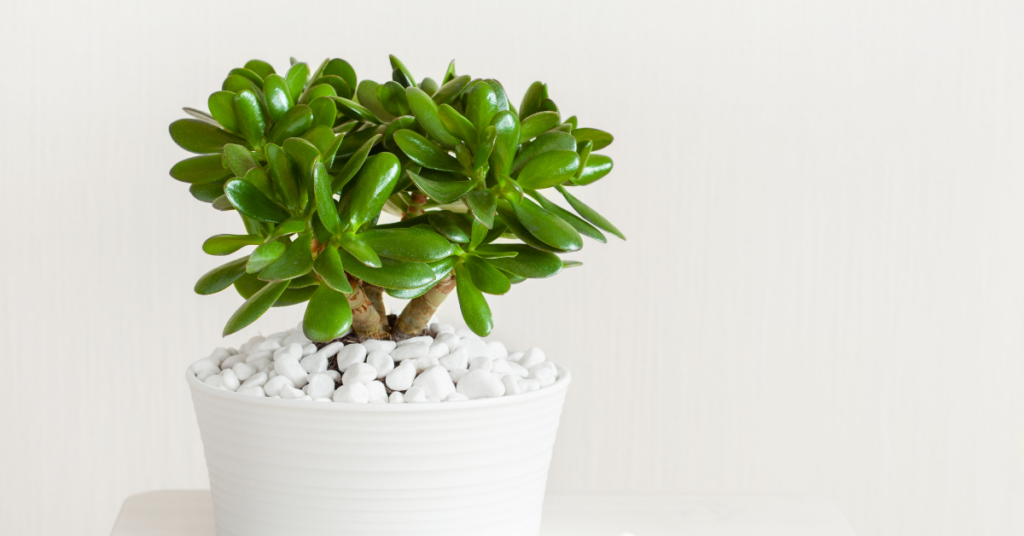
Snake Plant
Snake Plant (or Mother-in-Law’s Tongue) is a very easy to grow plant that is very forgiving. Attractive plants native to South Africa, not usually fatal to pets, but are toxic and will cause will cause nausea, vomiting and diarrhea when ingested.
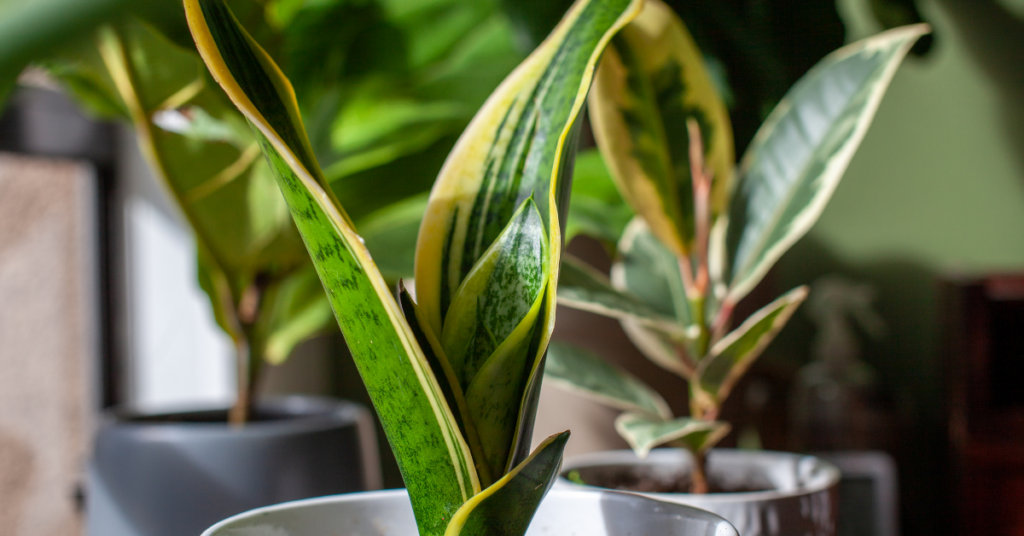
String of Pearls
String of Pearls are an unusual looking and attractive plant with a vanilla cinnamon scent. This plant can cause skin irritation, vomiting, diarrhea and lethargy when ingested by an animal.
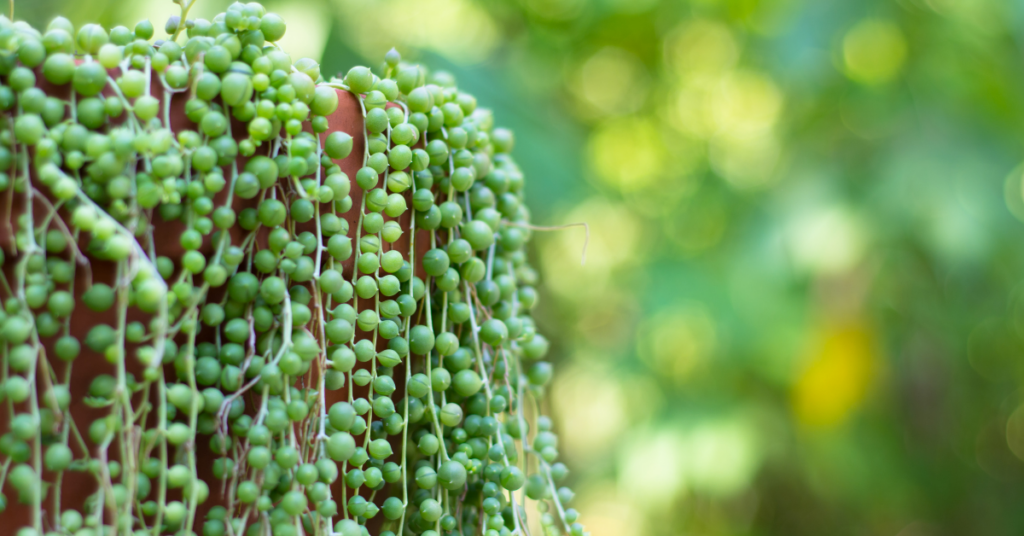
Panda Plant
Panda Plant another popular house plant due to their appealing appearance and ease of care. This plant will cause oral irritation, nausea, drooling, vomiting and trouble swallowing, and even death if eaten in large enough amounts.
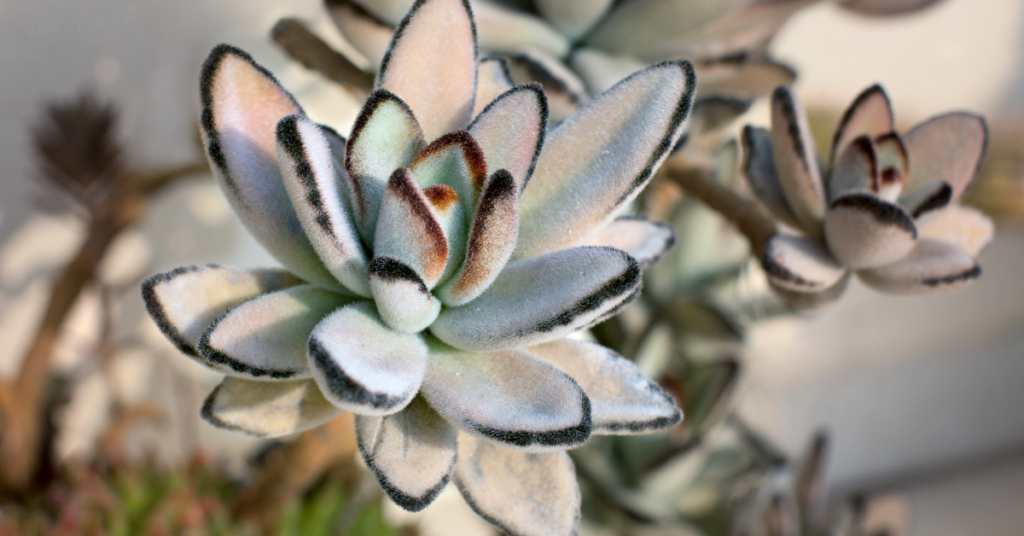
Sago Palm
Sago Palm ( or Cycas Revoluta) native to southern Japan including the Ryukyu Islands. When ingested, it can easily cause irreversible liver failure and death.
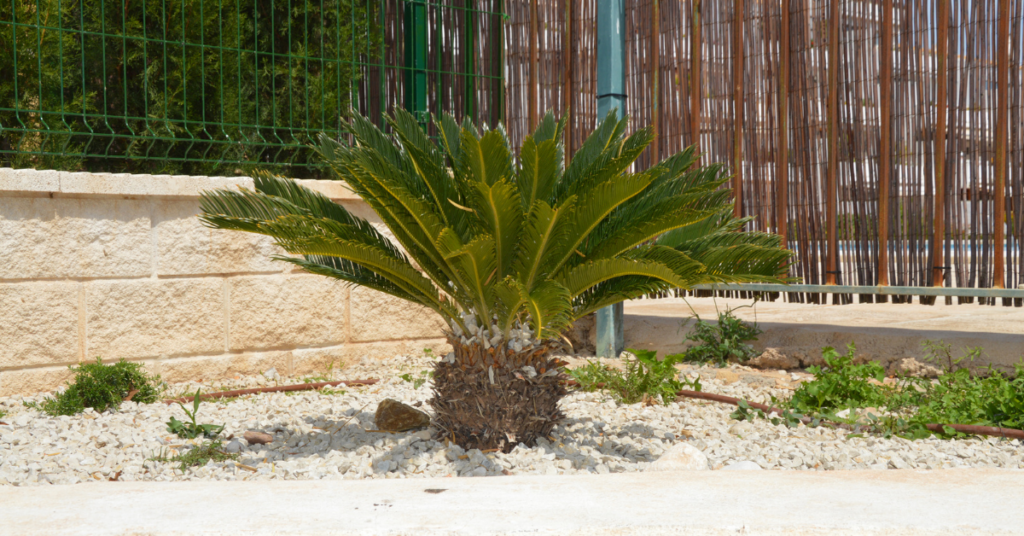
If you have any suspicion that your pet has eaten any of the above succulents, contact your local emergency vet immediately.
Succulents That Are Safe for Cats
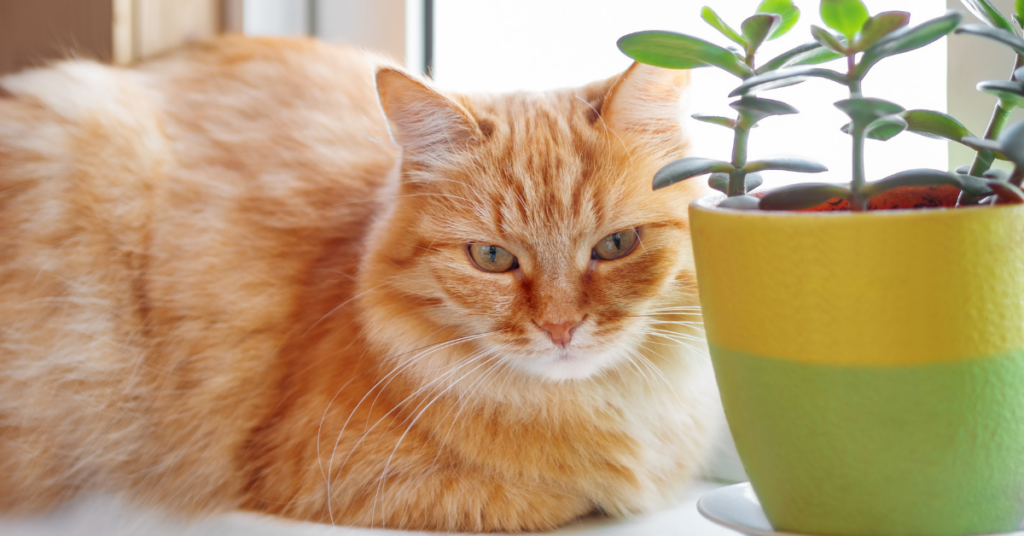
- Burro’s Tail
- Ruby Heart
- Holiday Cacti
- Ponytail Palm
- Haworthia Retusa
- Opuntia Species
- Zebra Haworthia
- Hen and Chicks (Sempervivum)
- Blue Echeveria
- Dragon Fruit
There are of course others, just ask at your favorite florist or wherever you buy your plants.
How to Protect Your Cat From Toxic Plants
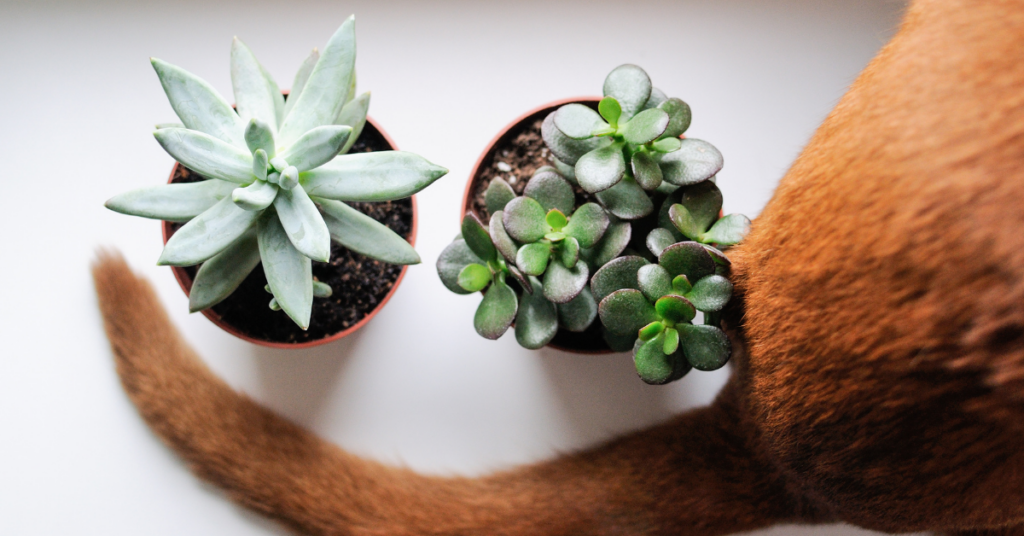
Do your best to familiarize yourself with the best plants from the perspective of your animal.
Make it a habit to only buy houseplants that are known to be non-toxic to your pets.
If there is a succulent that you can’t resist having, or are given as a gift, place it out of reach of your cat.
Keeping a poisonous plant on a high shelf or behind glass is always the safest approach.
When to Consult a Veterinarian
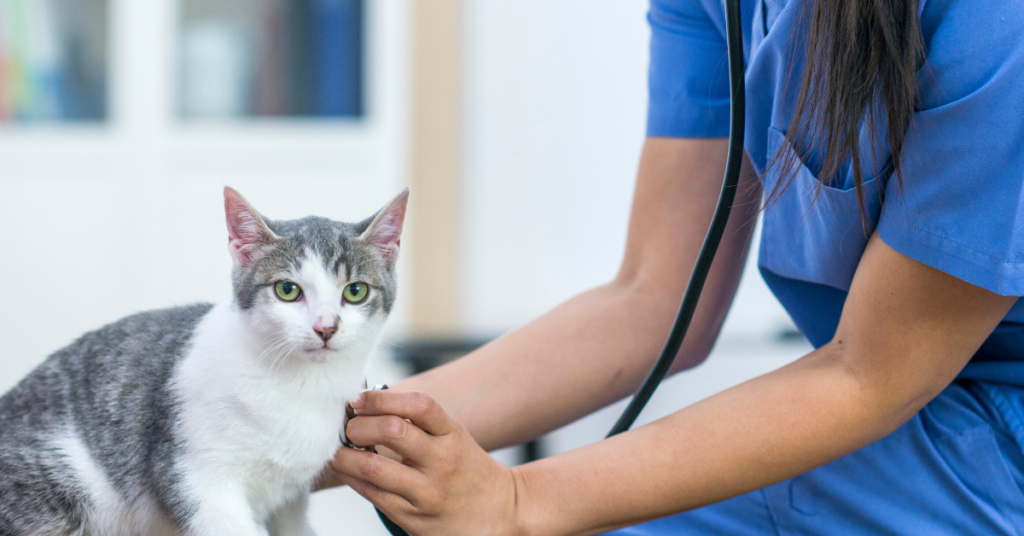
If you ever have any doubts about how your pet is behavinging, or if they act out of the ordinary, always call your vet right away.
It is always better to be safe than sorry if your pet eats something out of the ordinary.

